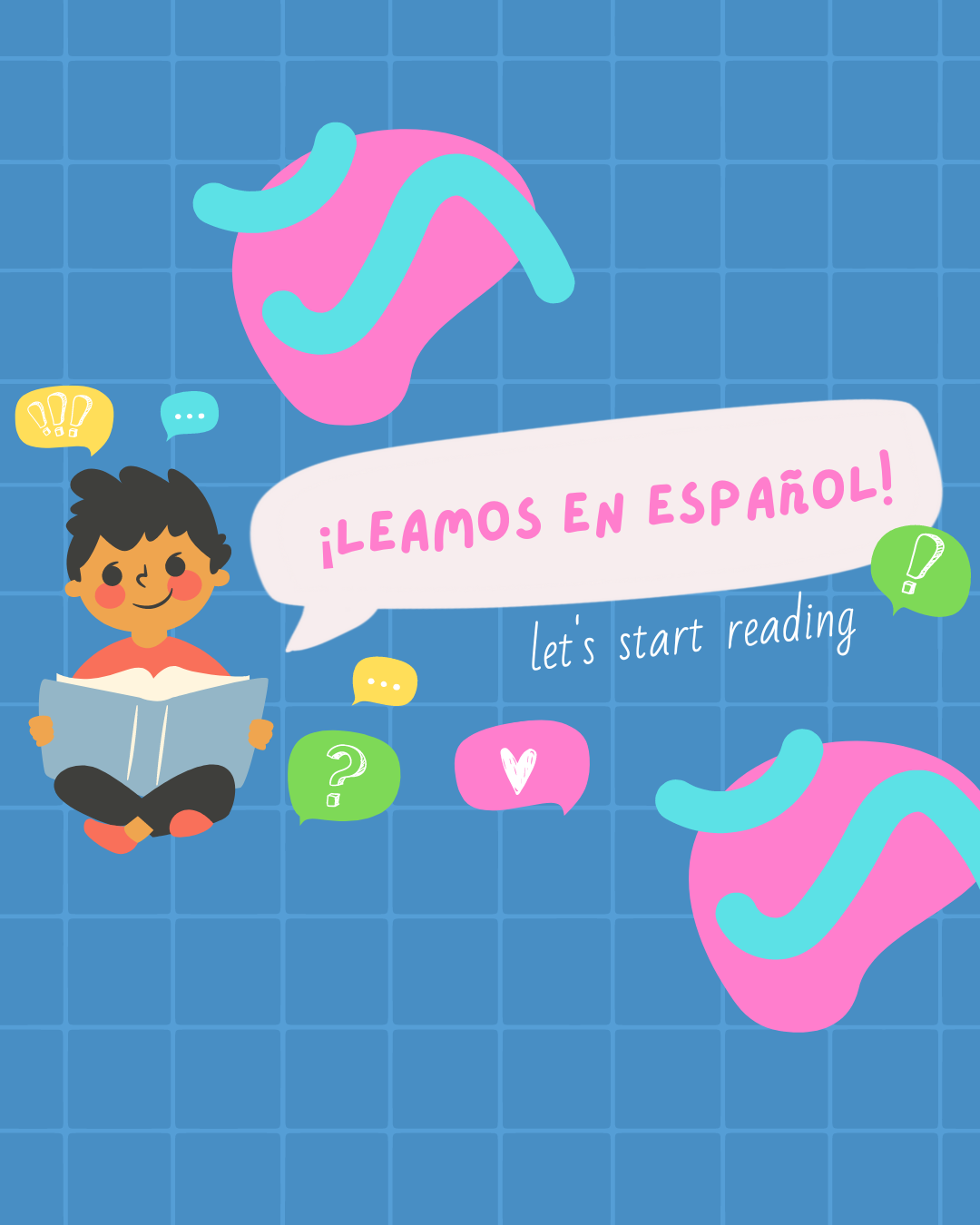Adventures with Luna and Mar: The Educational Value of Fictional Characters
Fictional characters have long been at the heart of children's literature, igniting imaginations, teaching valuable lessons, and fostering curiosity. In my bilingual book series Luna and Mar: Bilingual Explorers, I’ve created two loveable characters—a cat named Luna and a dog named Mar—to help young readers discover the world around them in fun, relatable ways. But these characters are more than just story companions; they serve as powerful tools for teaching life skills, supporting language development, and promoting cultural understanding. Let’s explore how characters like Luna and Mar can be used to engage young readers in meaningful learning.
Common Myths About Bilingualism and Language Development
In today's interconnected world, raising bilingual children is increasingly common. However, despite the many benefits of bilingualism, several myths persist that can cause unnecessary concern for parents and caregivers. Let’s explore and debunk some of the most prevalent myths surrounding bilingualism and language development.
Creating a Supportive Environment for Bilingual Families: Empowering Communities and Educators
One of the most effective ways to support bilingual families is by providing access to resources that cater to their unique needs. Libraries, schools, and community centers should offer a wide range of materials, including books in Spanish and other languages. By ensuring that bilingual families have access to culturally relevant and linguistically appropriate resources, communities can help children develop literacy skills in both their home language and English.
How to Introduce Spanish to Infants: A Guide for Parents
Raising a bilingual child is a gift that keeps on giving. Introducing a second language, such as Spanish, to your infant can have profound benefits, from cognitive development to cultural awareness. In this blog post, we'll explore practical tips and strategies for teaching Spanish to your baby, even if you're not a native speaker.
The Power of Bilingual Children's Stories: Why They Matter and How to Make the Most of Them
Bilingual children's stories are a powerful tool for nurturing language development, cultural awareness, and cognitive skills in young children. By choosing high-quality bilingual books, like our Luna and Mar: Bilingual Explorers / Luna y Mar: Exploradores Bilingües series, and incorporating them into your daily routine, you can help your child develop a love for both languages and the cultures they represent.
Best Spanish Books for Kindergarteners: A Guide for Parents and Educators
Reading in Spanish not only helps children develop strong language skills but also deepens their connection to their heritage and culture. Early exposure to a second language has been shown to enhance cognitive abilities, improve problem-solving skills, and even increase empathy. For bilingual families, it’s a wonderful way to bond over stories that reflect their experiences and values.
The Benefits of Bilingual Baby Books: A Parent's Guide
Bilingual baby books provide a fun and engaging way to introduce your little one to a new language, making the learning process feel natural and enjoyable. For parents who may not be fluent in a second language themselves, bilingual books serve as a fantastic resource to learn alongside their child, fostering a bilingual environment at home.
Why Spanish Picture Books Are Essential for Bilingual Early Learning
Spanish picture books are a powerful tool for fostering language development, cultural appreciation, and cognitive growth in young children. In this blog, we'll explore why incorporating Spanish picture books into your child's reading routine is so important and highlight one such book that is making waves in the world of bilingual early learning: Luna and Mar’s Garden Exploration / Exploración del Jardín de Luna y Mar.
Raising Bilingual Children: Benefits and Challenges
Raising Bilingual Children: Benefits and Challenges
Raising a bilingual child is a journey filled with immense rewards, but like any journey, it comes with its own set of challenges. As a first-generation Dominican Puerto Rican who grew up in Brooklyn, and now as a speech-language pathologist specializing in early intervention, I’ve seen both sides of the coin. My personal experience, combined with my professional background, has given me a unique perspective on the joys and struggles of nurturing bilingualism in children.
Tips for Encouraging Spanish Bilingual Speech and Language Development at Home
Raising a bilingual child comes with many rewards, but it also requires consistent effort and strategies to foster speech and language development in both languages. If you're eager to support your child’s Spanish bilingual development, here are some actionable tips that can make the journey enjoyable and effective.
Garden Activities for Language Development
Gardens are magical places where children can explore, play, and learn about the world around them. As a speech-language pathologist and the author of the Spanish bilingual children's book Luna and Mar’s Garden Exploration / Exploración del Jardín de Luna y Mar, I’m passionate about finding ways to support early language development through fun and engaging activities. Inspired by the themes of my book, here are some garden activities that parents can do with their children to promote bilingual language development.
Incorporating Bilingual Books into Your Child’s Routine
In today's increasingly interconnected world, raising bilingual children can offer them a wealth of advantages, from cognitive benefits to better cultural understanding. One of the most effective and enjoyable ways to foster bilingualism is through bilingual books. Here’s how you can seamlessly incorporate them into your child’s daily reading routine.
The Importance of Early Intervention in Speech and Language Development
As a speech-language pathologist specializing in early intervention for children ages 0-3, I have witnessed firsthand the transformative impact that early intervention can have on a child's speech and language development. The first three years of life are a critical period for brain development, and the foundations for communication are laid during this time. Early intervention not only addresses delays but also supports a child's overall development, enhancing their ability to engage with the world around them.













